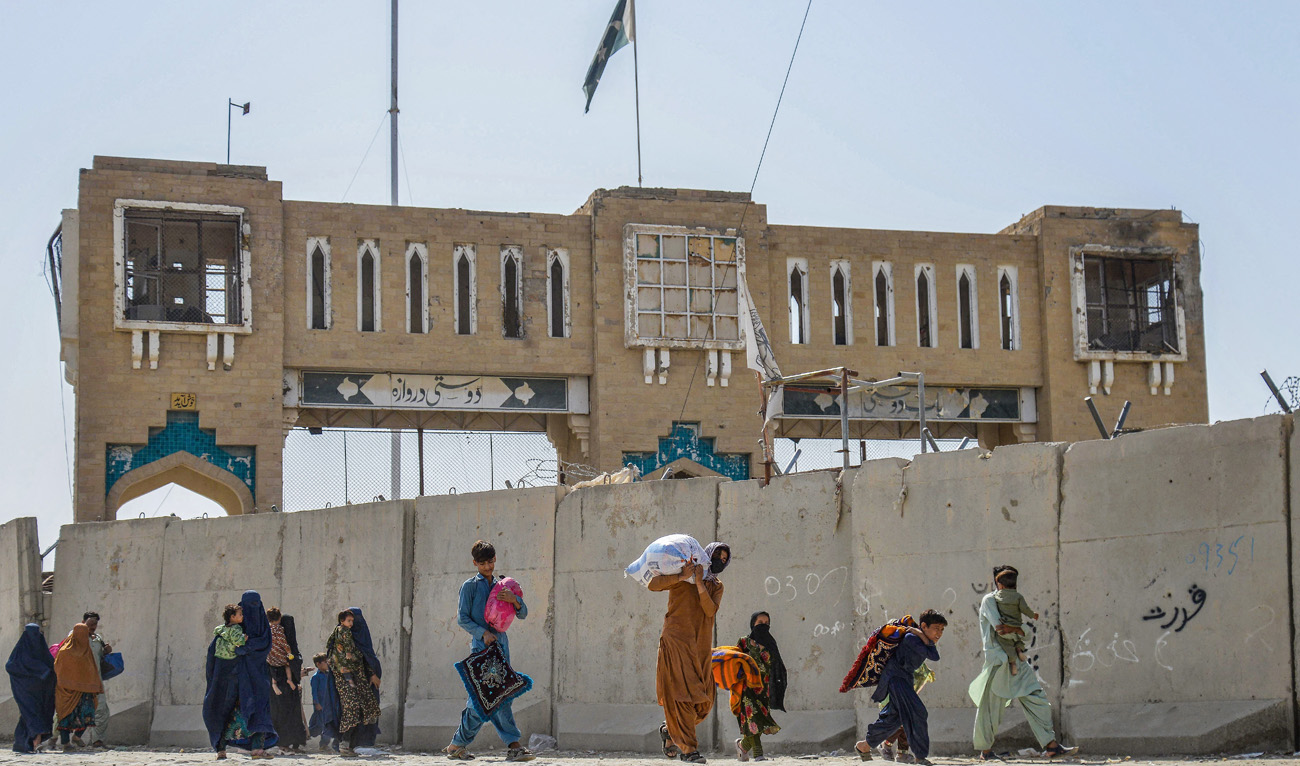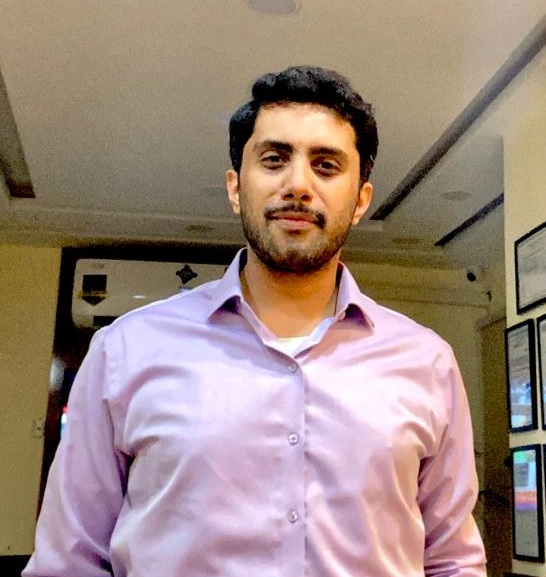LAHORE: Punjab Chief Minister Maryam Nawaz Sharif on Monday announced a monthly stipend for imams of 65,000 mosques across the province, marking the first initiative of its kind financial security to mosque leaders through a formal, state-backed welfare mechanism.
Chairing a law and order meeting in Lahore, the chief minister emphasized the respected role of mosque imams in society, saying they should not have to rely solely on community donations. “The Punjab government will take responsibility for providing financial support to mosque imams to ensure their dignity and welfare,” she said.
Under the initiative, the Punjab Auqaf Department will oversee payments through digital bank transfers to verified accounts, ensuring transparency and timely disbursement. Top administration officials will supervise implementation at the district level.
The stipend scheme comes at a time when the Punjab government is making record public investments. Earlier this year, it approved a $4.4 billion developmental budget, the highest in the province’s history, including mosque construction and renovation projects in the Annual Development Programme (ADP).
CM Sharif has directed that these projects be completed on priority, focusing on cleanliness, lighting, and accessibility.
The rollout also coincides with preparations for the annual religious event in Raiwind next month, one of the largest gatherings near Lahore. To facilitate the event, the government has resurfaced connecting roads, launched shuttle bus operations, and deployed 24/7 security and emergency medical services.
Alongside welfare and infrastructure measures, the provincial administration is strengthening oversight. A cybercrime cell will be established to counter online hate speech and sectarian propaganda, while strict enforcement of the Punjab Sound System Act aims to curb extremist misuse of loudspeakers.
The announcement has been welcomed by religious leaders and mosque committees across the province. Many said the program will allow imams to serve with greater dignity and independence, describing it as long-overdue recognition of their societal role, as they previously depended solely on donations collected by mosque committees.
Aligned with global models
Punjab’s initiative is unprecedented in Pakistan. While some provinces have proposed partial allowances or local support for mosques, none have implemented a systematic, province-wide stipend program of this scale.
Globally, similar systems exist. In Saudi Arabia, imams are formally paid by the state as part of a long-standing institutional arrangement linking religious leadership with public administration. In Turkey, imams are salaried under the Diyanet, the Directorate of Religious Affairs, which administers thousands of mosques nationwide.
Punjab’s model mirrors aspects of both systems, combining state funding with structured oversight and digital transparency to minimize leakages and informal handling of funds.
Groundwork laid earlier in October
On October 19, senior Punjab government and police officials met with leadership from Ahle Sunnat Wal Jamaat at the Punjab Home Department to ensure clerical buy-in ahead of the policy launch.
Officials reassured religious leaders that no mosques would be shut down and peaceful religious activities would not be interfered with, clarifying that action would only target seminaries involved in unlawful or subversive activities. Religious scholars welcomed the inclusive approach, calling it “encouraging and constructive.”
Both sides agreed to maintain open channels of communication to strengthen inter-sect harmony.
This early engagement laid the political and social groundwork for the October 28 announcement, allowing the government to present the stipend initiative as a collaborative welfare measure rather than a top-down directive.

.jpg)
.jpg)
.jpg)
.jpg)

